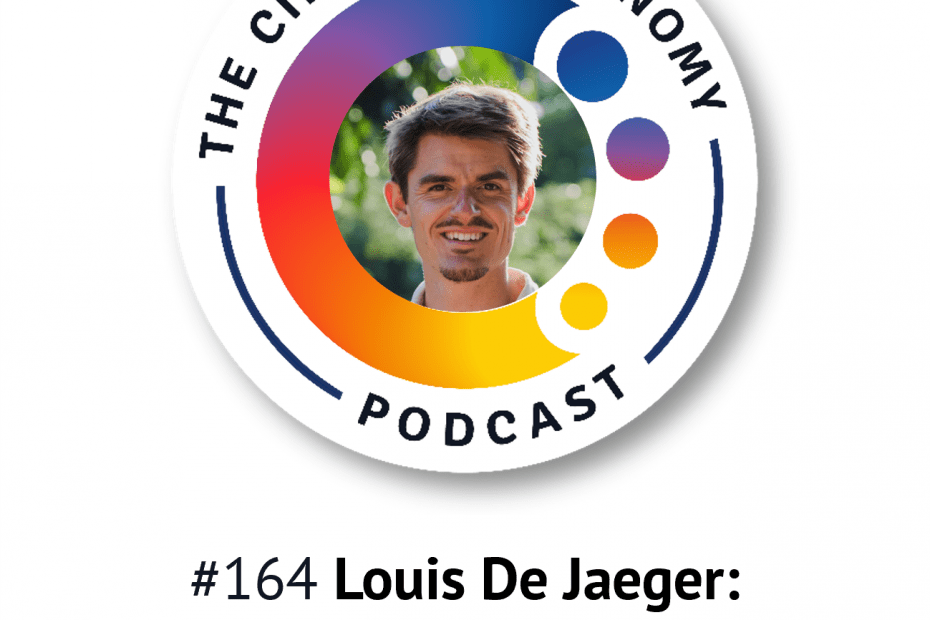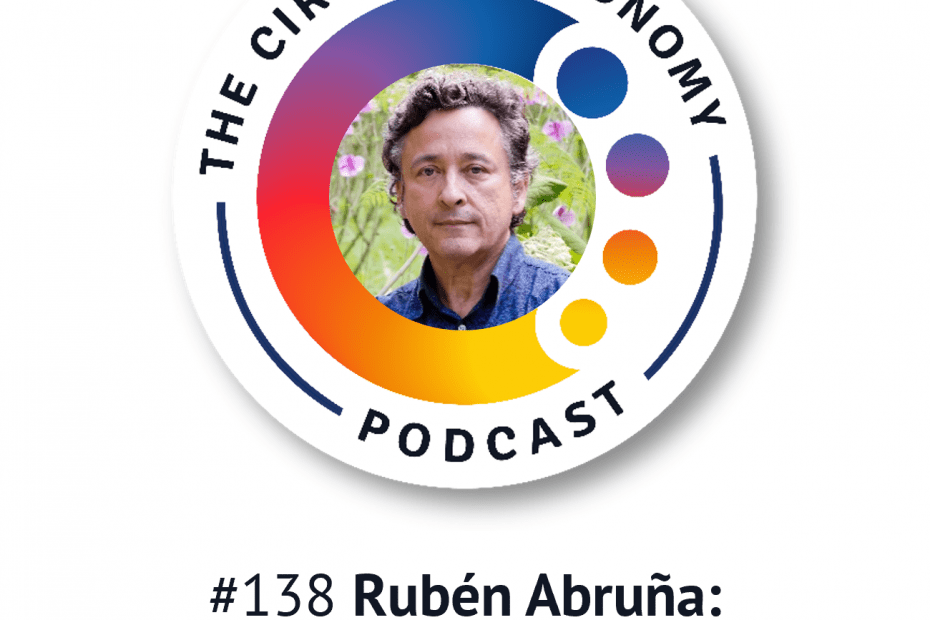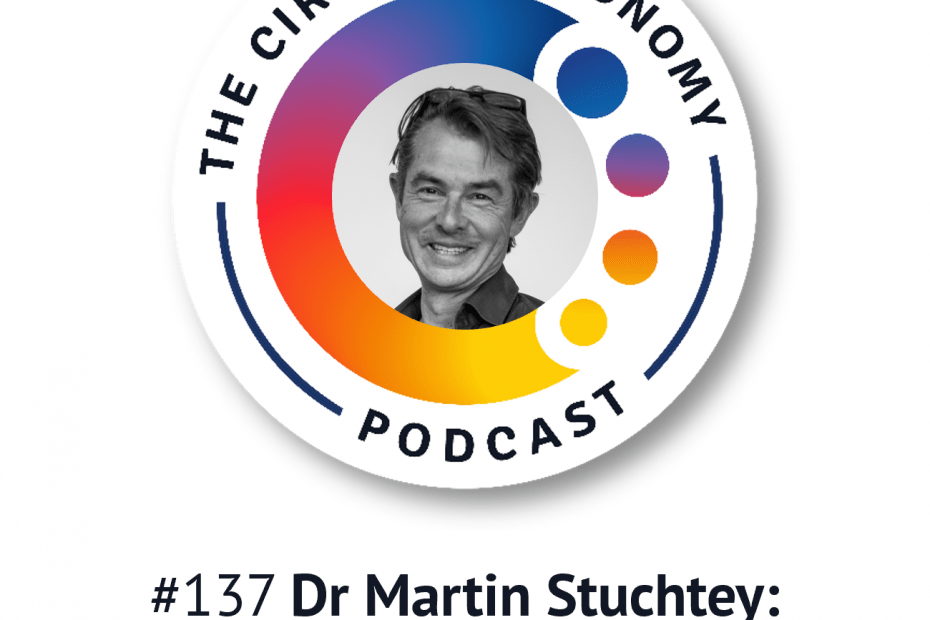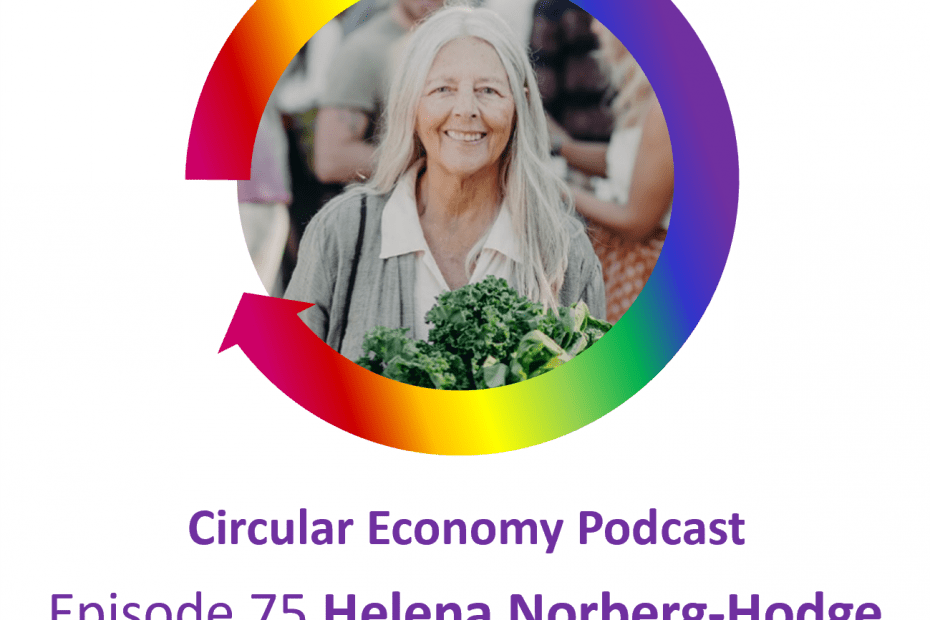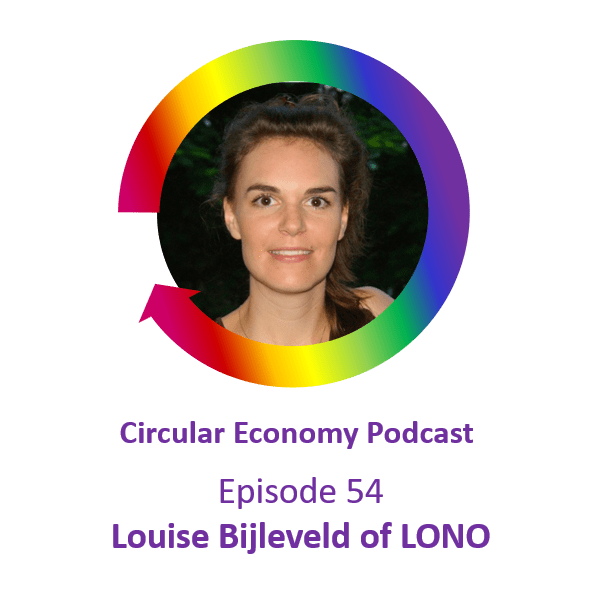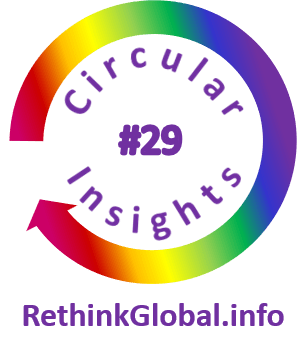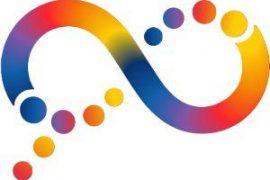164 Louis De Jaeger: our futures depend on healthy soils
Healthy soils provide the foundation for life on our planet, and yet most agriculture degrades soil. Nurturing soil should be at the top of all our priority lists, and Louis De Jaeger—author of the new book ‘SOS: Save Our Soils, How regenerative farming can save your health and the planet’ — helps us understand why it’s so important, and what we can do about it.
Louis says his life mission is to regenerate 550 million hectares of land, to cool down the planet, save biodiversity, end hunger, and create world peace.
For the past twelve years, Louis De Jaeger has travelled extensively through North America, all the way to Panama, through Europe, South America and Africa. Along the way, he’s visited farms and interviewed a wide range of people, from pioneering regenerative farmers to corporate lobbyists, and explored one central question: How can we feed the world without destroying it?
Louis says, “To be honest, it really took a while to find clear answers on what the best way is to shape the future of food.” He is grateful for insights he couldn’t have dreamed of, and he shares them in SOS: Save Our Soils. Louis says the book is a manifesto, a global quest, and an invitation for all of us to step into the most critical conversation of our time: the future of food.”
Healthy soils are probably the most important element in our system – they are essential for nurturing us, nurturing the living systems we depend on, for drawing down carbon, for providing clean air and water, and much more. Every one of us, and every business, depends on soil – Louis De Jaeger explains why this is an SOS, and what we can do about it.
